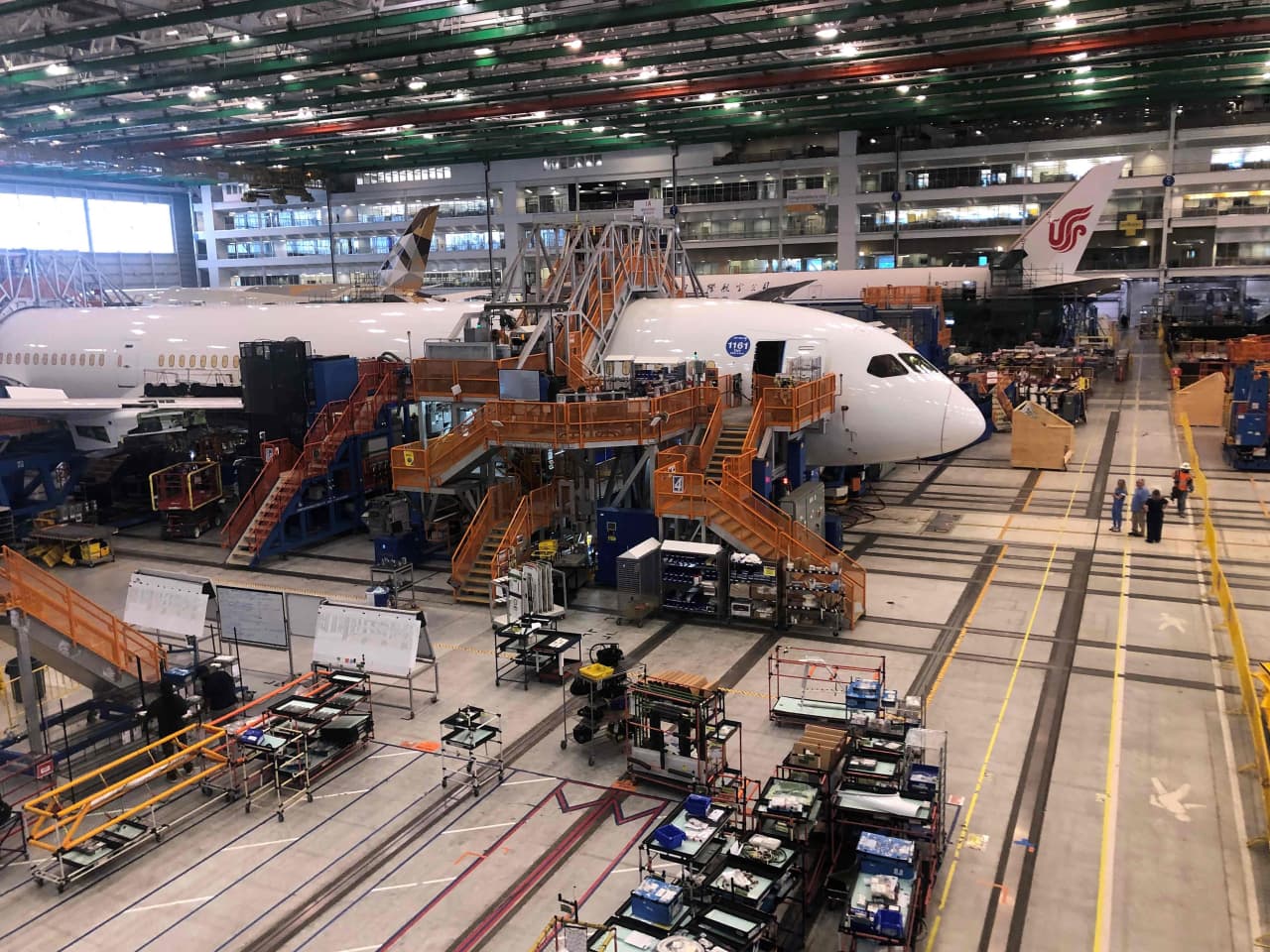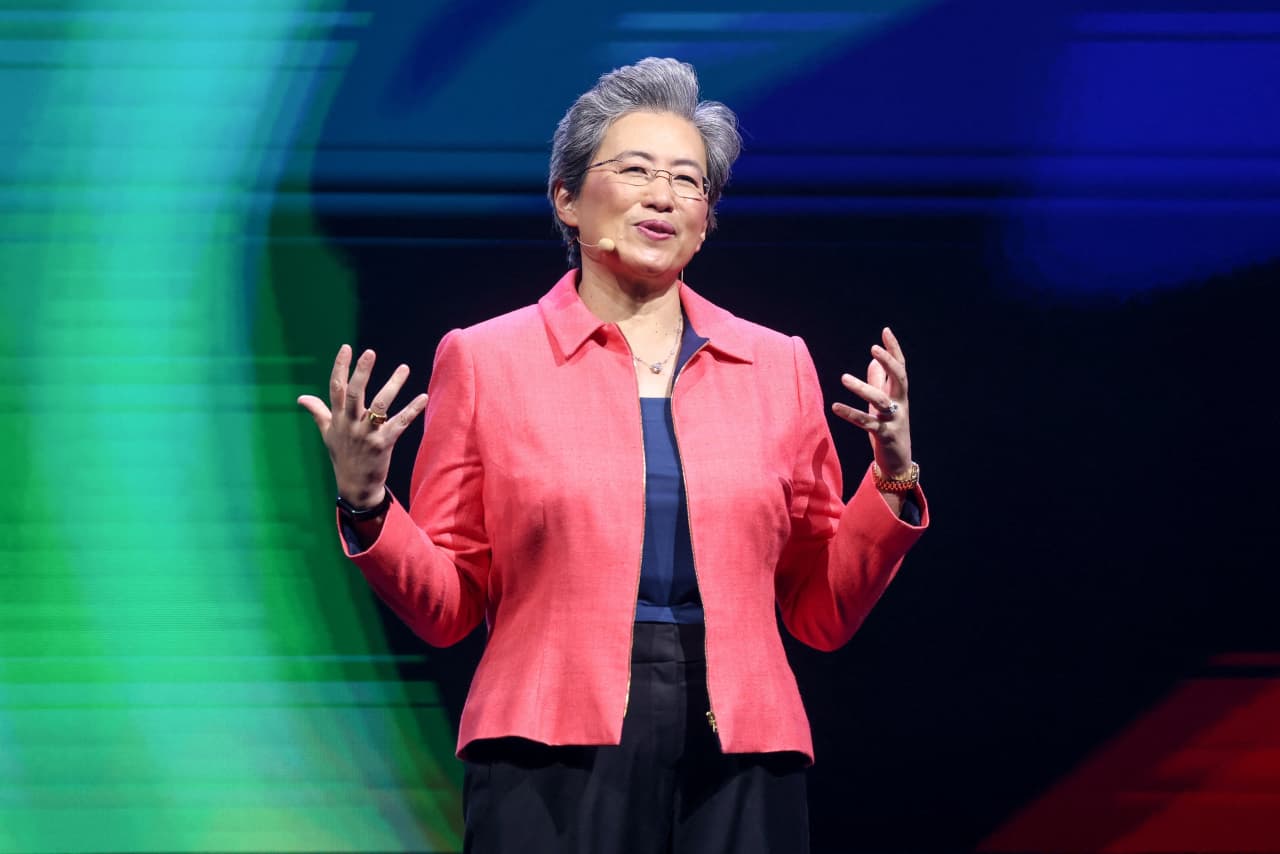Qantas says Singapore airport costs fueled Jetstar Asia cut
Jetstar Asia has only been profitable for six out of the 21 years of operation, and the decision to shut it down comes amidst mounting losses.

The “unsustainable” rising costs of operating from Singapore’s Changi airport were partly to blame for the closure of Qantas Airways Ltd.’s low-cost subsidiary Jetstar Asia, executives said.
The decision to shut down operations — and cut some 500 jobs — comes as losses mount for the Jetstar brand’s Singapore-based offshoot, which had only been profitable in the six of the 21 years. Higher airport fees imposed by Changi to fund a $3 billion Singapore dollars ($2.3 billion) facility upgrade kicked in on April 1.
Cost increases have been seen across “the whole ecosystem we operate out of,” Jetstar Group Chief Executive Officer Stephanie Tully told reporters at a briefing Wednesday. “The airport fees are a part of that. That has had an impact on the business.”
Jetstar Asia will stop operating July 31, enabling Qantas to free up as much as $500 million Australian dollars ($327 million) in capital to fund the group’s fleet renewal program, Qantas said in a statement earlier Wednesday. Thirteen Jetstar Asia Airbus SE A320 aircraft will be redeployed to Australia and New Zealand, creating 100 jobs locally.
Qantas Chief Executive Officer Vanessa Hudson is prioritizing the group’s cash cow, the Australian domestic network, as she juggles assets to pay for the biggest plane order in the airline’s history. Qantas has firm orders for almost 200 new aircraft.
Jetstar Asia, which is 49% owned by Qantas, is expected to post a $35 million Australian dollars underlying operating loss this financial year in the face of intensifying competition and rising costs, Qantas’s statement said. The closure will result in a one-off impact of $175 million Australian dollars.
Jetstar Asia’s end will also leave Singapore Airlines Group carriers as the only ones based in the city-state, though plenty of competing foreign airlines remain — some of which jostled with Jetstar Asia on its routes.
Changi said that while it was “disappointed” with Jetstar Asia’s decision to exit Singapore, it respected the company’s commercial considerations.
“Our immediate priority is to ensure passengers are well supported and to minimise disruption during the transition period,” the airport group told Bloomberg in an emailed statement.
Changi said it would work with airline partners to restore connectivity on the four routes which are exclusively operated by Jetstar Asia – Australia’s Broome, Indonesia’s Labuan Bajo, Japan’s Okinawa and China’s Wuxi.
Singapore labor union chief Ng Chee Meng wrote in a Facebook post that it was exploring opportunities for Singapore Airlines Group to match impacted Jetstar Asia employees to suitable roles.
Jetstar Asia launched in 2004 and grew to become the third-largest carrier operating out of Changi, data from aviation data firm Cirium show — trailing Singapore Airlines Ltd. and its low-cost unit Scoot.
As of June, Jetstar Asia offered just under 31,000 seats one-way for sale per week, or less than 4% of total seats available at Changi. Only 16 intra-Asia routes will be impacted by the Jetstar Asia closure. Australia-based Jetstar Airways and Jetstar Japan services into Asia are unchanged.
Jetstar Asia will operate flights on a progressively reduced schedule before its final day of operation on July 31.
This story was originally featured on Fortune.com


































































































































































































